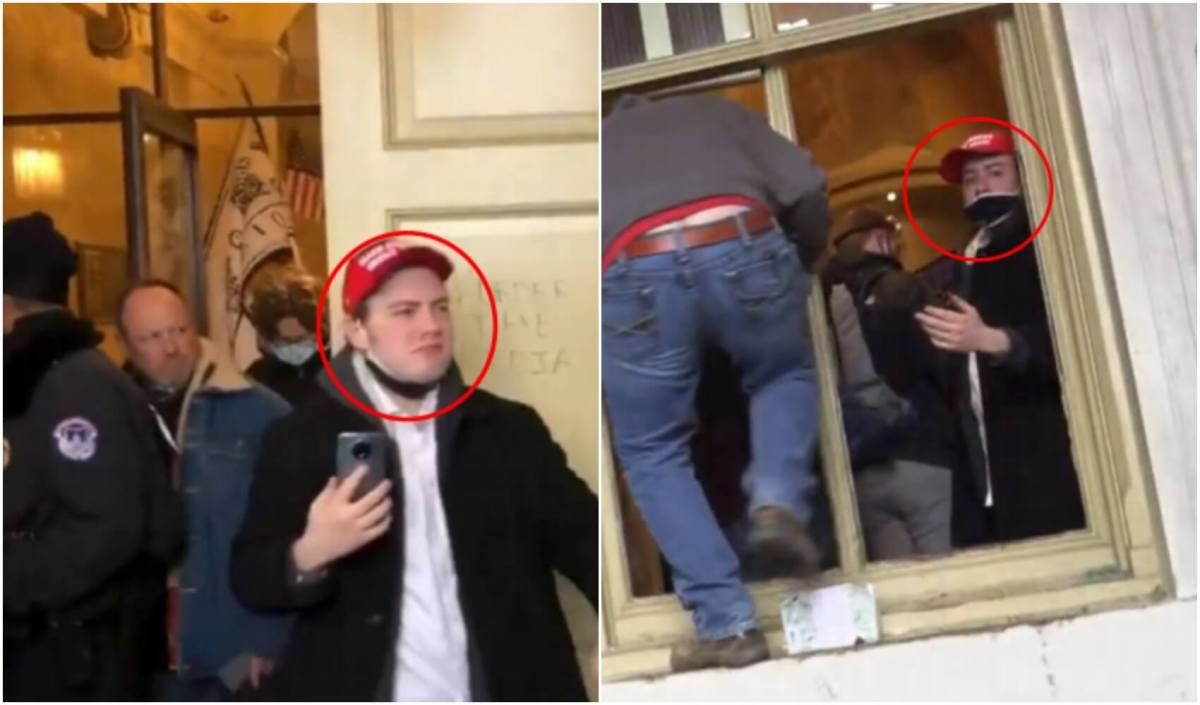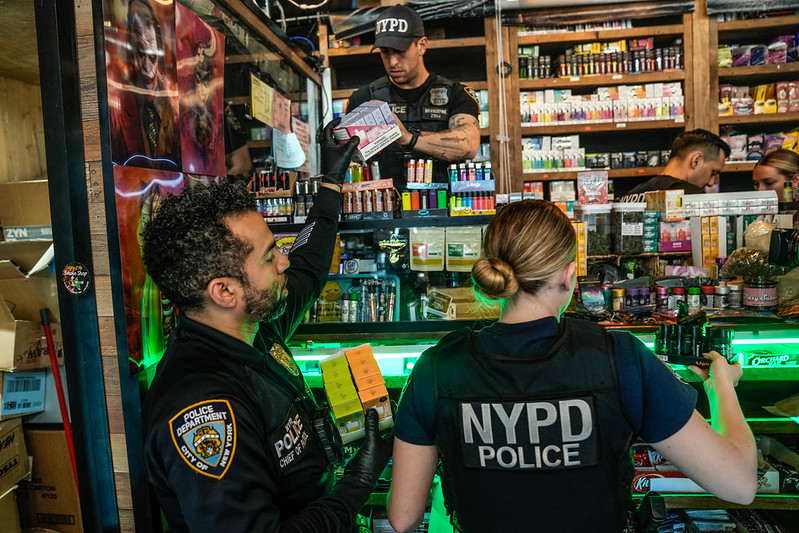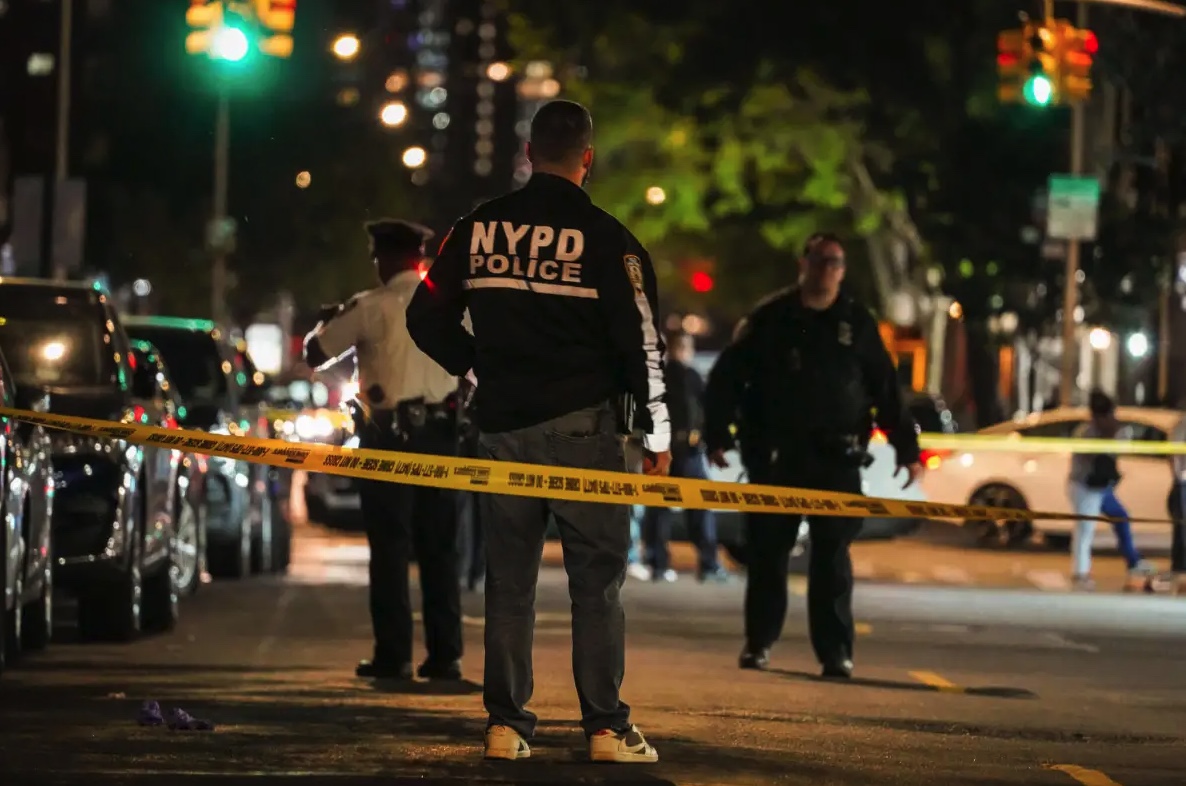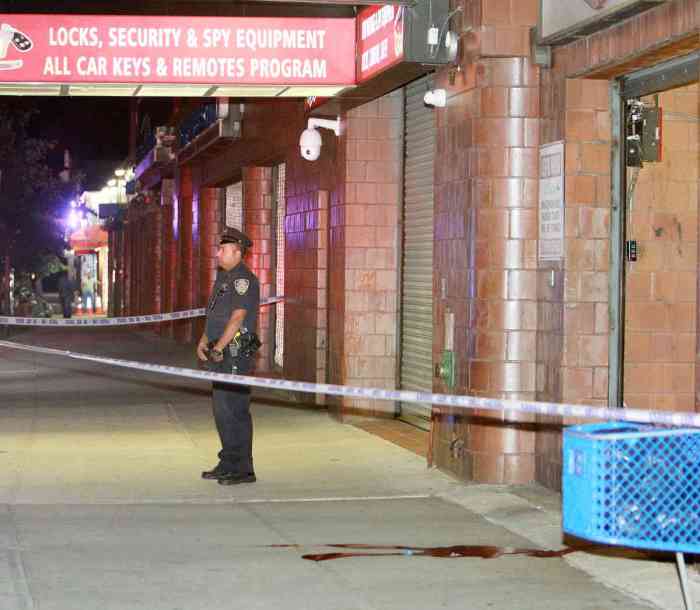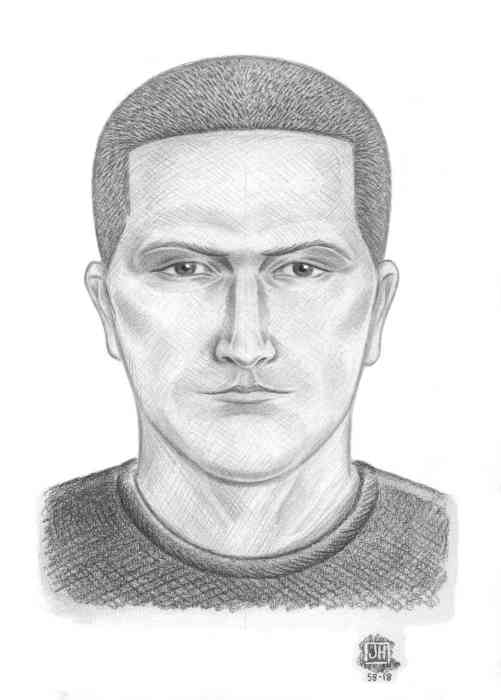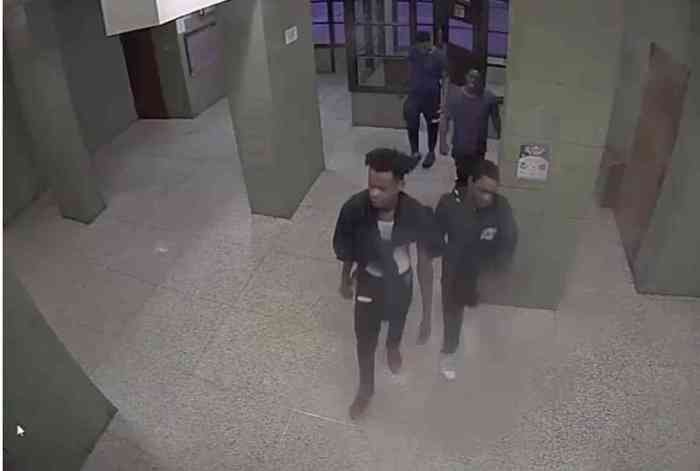Federal authorities have charged another Brooklynite in connection with the Jan. 6 riot at the United States Capitol Building, according to prosecutors.
The suspect, 19-year-old Dovid Schwartzberg, confessed to breaking into the historic building while Congress was affirming the results of the 2021 presidential election — along with a violent mob of supporters of President Donald Trump, who was later impeached for inciting the incident.
Schwartzberg told police that he had wanted to “be where the action was,” and entered the Capitol through a broken window after attending Trump’s rally outside the facility, before recording several videos, which he posted to the social media platform TikTok under his handle @dovidsberg26.
A subsequent investigation uncovered that the suspect had posted the caption “It was intense inside congress today” along with his videos, prosecutors said.
An anonymous tipster reached out to federal officials and alerted them to the Brooklynite’s identity, and a warrant was issued for his arrest. He turned himself into the FBI in New York April 20.
Schwartzberg was one of over 200 people arrested for the incident, which sought to force congress to reject some state’s electoral college results, ostensibly to allow Trump to remain in office. Several Republican politicians — including Bay Ridge representative Nicole Malliotakis — objected to certification of the results in states like Michigan, Arizona, Pennsylvania, Georgia, Nevada, and Wisconsin, but ultimately, majorities of both the House of Representatives and the Senate voted to uphold all 50 state’s results, and President Joe Biden was sworn in on Jan. 20.
Five people, including a Capital Hill police officer, died in the riot.
Schwartzberg now joins a handful of Brooklynites cuffed for their participation, including the son of a Brooklyn Supreme Court Justice and a sanitation worker from Sheepshead Bay.
The defendant was charged federally U.S.C. § 1752(a)(1) which makes it a crime “knowingly enter or remain in any restricted building or grounds without lawful authority to do” or “knowingly, and with intent to impede or disrupt the orderly conduct of Government business or official functions, engage in disorderly or disruptive conduct in, or within such proximity to, any restricted building or grounds when, or so that, such conduct, in fact, impedes or disrupts the orderly conduct of Government business or official functions; or attempts or conspires to do so.”
Prosecutors did not seek to keep the defendant detained while he awaits trial, and he was released on bail.



